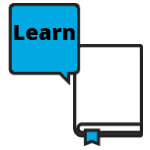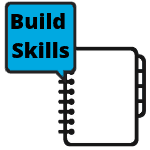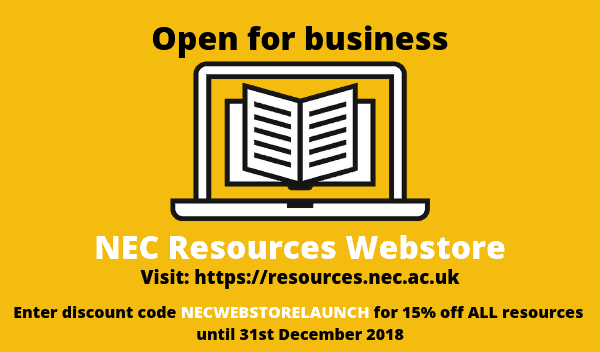You may feel education is something you only do at school and its purpose purely academic. Perhaps you live by the axiom ‘you can’t teach an old dog new tricks’, or feel that you have learnt everything that you need to know?
A job in your 20s is unlikely to be the same job you do in your 50s and we can presume that during this time frame, the tools and skills required to do that job effectively will change also. According to a recent study, most people will change jobs at least 12 times in their career (Doyle; 2018.). The reasons vary, however, whether it’s learning new skills or a return to formal education, each change is likely to require you to learn something new. Before any of us can head in that new direction, we must first learn how to learn.
‘The bits of maths in this book are not there to teach you maths. They are there to teach you about learning about maths.’ – How to Learn Maths (NEC Study guide)
Some things may take more time and effort to learn than others but so often, due to the foundations of ‘learning how to learn’ not being taught in schools, a purely instinctual approach is frequently applied which is unstructured and laden with bad habits. This chaotic approach can often result in a lack of motivation and can put off many individuals from continuing with their study. NECs extensive experience in education has provided thousands of individuals with the skills needed to get where they want to be. With the opening of our new Resources Webstore, we have made access to these learning methods, skills, and tips easily available and open to everyone.
Our learning resources, much like our courses, are not a one size fits all approach. On the contrary, by understanding that we all learn and process information differently, we put the student in control and help them to establish their own set of rules.
Whether studying an NEC course or not, the techniques in our learning materials are designed to be adaptable, and can be applied to a wide variety of situations. Whether it be an academic or professional setting, our focus has always been on the development of skills that can aid individuals and increase confidence in their subject.
Browse our selection of resources on our webstore now. We are are constantly updating our library so do keep checking back.
Collections
 Learning and Study Skills
Learning and Study Skills
NEC’s learning and study skills resources can be used with a wide range of learners from pre-GCSE to higher education. They help to develop knowledge and skills using an activity-based framework which encourages students to apply their learning in order to increase their confidence in the subject.
 English Language Skills Building
English Language Skills Building
NEC’s resources can help students to develop their essential English language skills. Whether concentrating on one specific area – such as grammar, or for dipping in and out of the wide range of topics provided, the activity-based approach will help to remedy any gaps in their spelling, punctuation and grammar.
 Information Communication
Information Communication
Good communication skills, especially those that communicate or share information, are essential for a wide range of courses and careers.
Using an activity-based approach, NEC’s resources help learners to develop their writing and learn how to present information professionally and powerfully.
If you purchase one of our learning materials before December 31st 2018 you can get 15% off by entering discount code NECWEBSTORELAUNCH (offer has now ended).
Reference:
‘How often do people change jobs?’ Doyle, 2018 https://www.thebalancecareers.com/how-often-do-people-change-jobs-2060467


Add a new comment
Current comments: 0